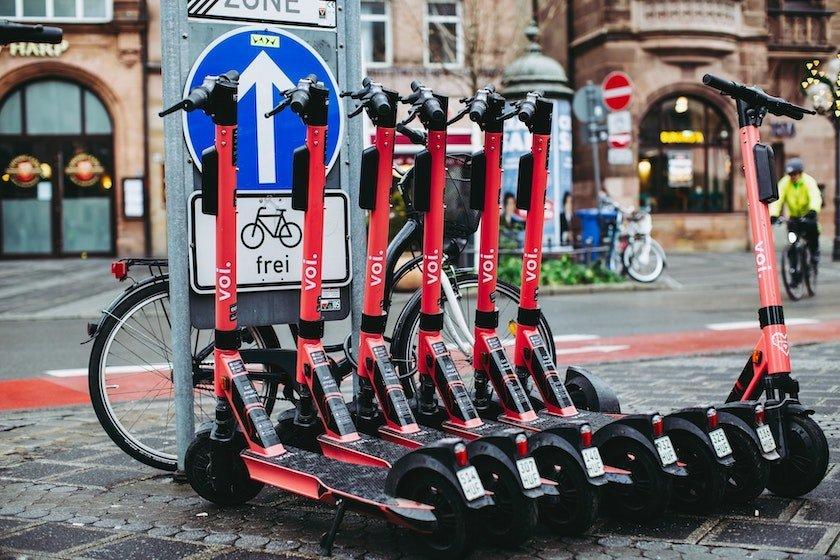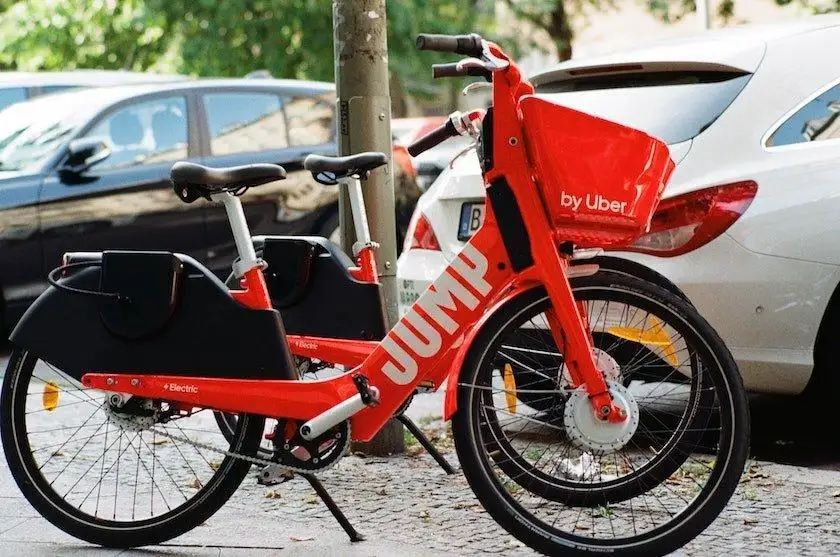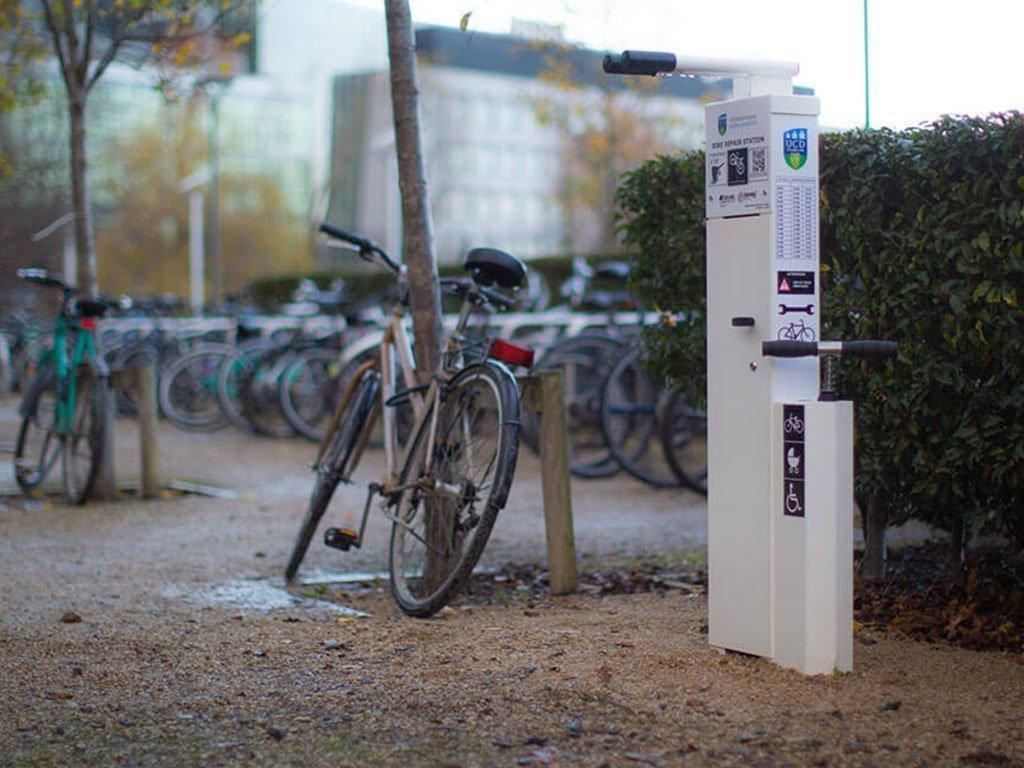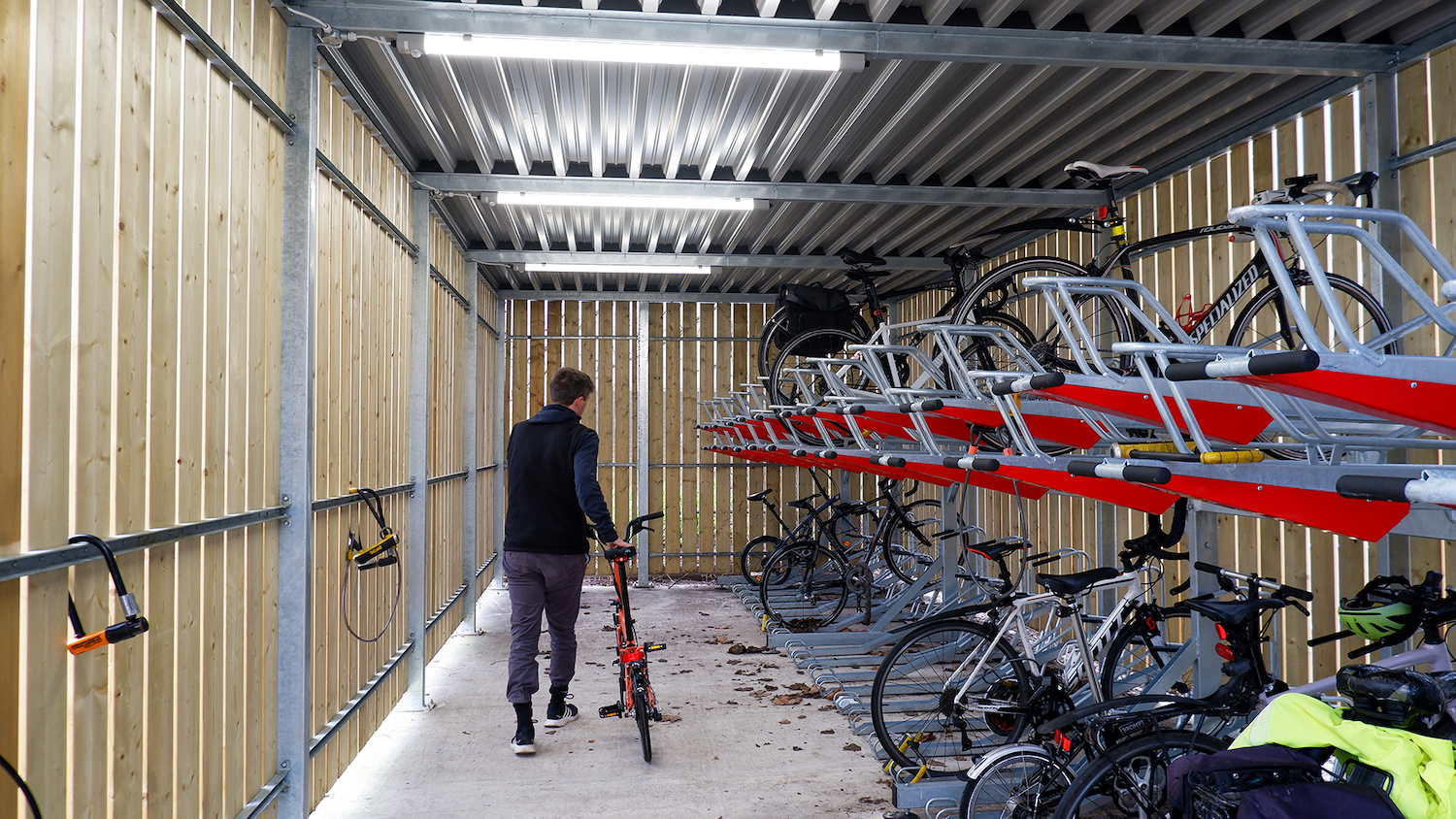We’ve used batteries our whole lives, from phones to toothbrushes, they’re everywhere. But while the battery might be relatively old tech, only now could it be set to revolutionise the way we move.
Electric car technology is still more expensive than internal combustion engines, but e-scooter and e-bike sales have been surging as people seek socially-distanced, Covid compliant modes of transport. E-mobility is set for more rapid expansion this year.
The e-scooter market value is predicted to hit £20 billion by 2025, with a strong post-pandemic recovery forecasted. However, they still face laws, regulation, and infrastructure questions. E-bike sales took off last year too, but what’s needed to encourage people to actively ride them?
Behavioural changes
Well before we’d even heard of the coronavirus, what were primary considerations when it came to travel?
According to new data, time to destination, convenience, price, privacy and avoiding congestion all ranked higher than risk of infection. Unsurprisingly, following the Covid-19 outbreak, risk of infection is now the primary reason people choose mode of transport.
This has produced an increase in private car use, but is also producing a boom in walking, cycling, and micromobility services.
As well as stopping the spread of infection, climate change has a big part to play too. Upcoming bans on the sale of petrol and diesel vehicles have already been put in place by many countries, with many more expected to join.
The time for green, covid-compliant transport, then, seems straightforward. But it’s not without obstacles.
E-scooter rental trials
Last year, Halfords saw a surge in e-scooter sales following the pandemic. But hang on, aren’t they illegal on UK roads? Technically yes, and that’s part of the reason journeys being made on private scooters remain low.
Originally scheduled for later this year, e-scooter rental trials for UK cities were given the green light in the wake of the Coronavirus. Fleets of hire scooters could, then, be the norm in big UK cities by the end of the year, mimicking successful schemes in Paris and Lisbon.
But crucially, the majority of people using these fleets in Lisbon are tourists – not locals. So how can this be changed to encourage commuters?
Perhaps it’s convenient bay locations, better affordability, and better infrastructure extending to residential areas. The signs are certainly there that e-scooters have the popularity to succeed, but these questions will need answering.






